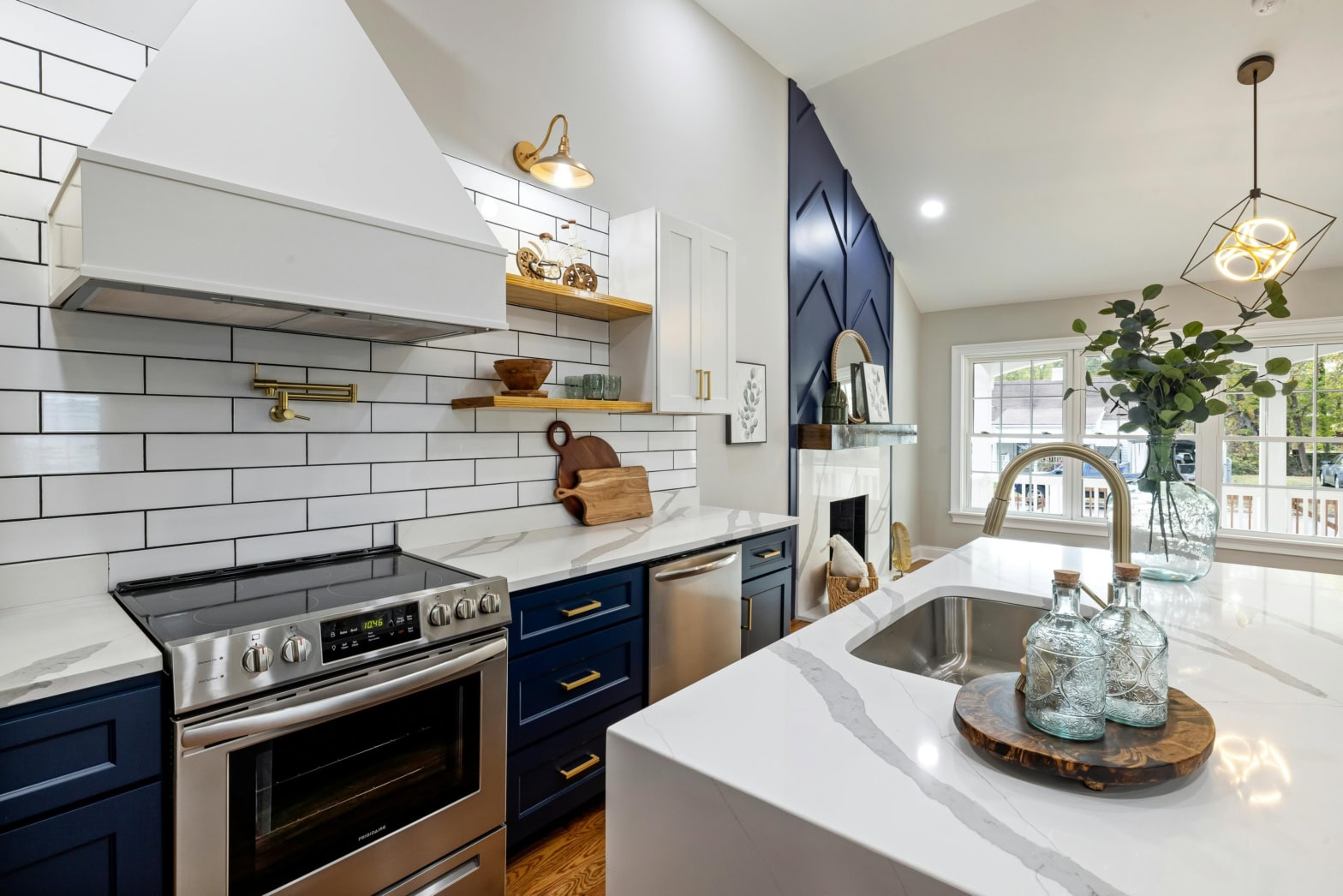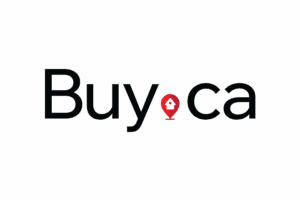As a licensed mortgage broker and seasoned veteran of over 8 years in the industry, our very own Robert Malcolm has seen his fair share of mistakes by eager home owners that bit off more than they could chew. If the time is coming for you to take the plunge and make your first offer on a home, or if you’ve already been around the block but want to brush up on your knowledge, Rob has shared some tips for you to make sure you’re making the right decision. These tips are useful not just for first time buyers, but also if it’s your first time buying in Canada.
Everyone makes mistakes, and many of us are guilty of some of these common pitfalls that home buyers make when looking to buy a property.
Here are Rob’s top 10 most common mistakes that he sees home buyers making, and why you should be wary of them if you’re in the market:
1. Thinking you can buy a house with only 5% of the home value as a down payment.
When mortgage rates are low, it can be tempting to try and minimize your down payment and take on a bigger mortgage at a good rate. However, that might not be an option for you, and you may end up needing a lot more than just that 5% to close the deal. 5% down payment is a mortgage option that’s only offered to home buyers under the strictest of qualifications, meaning you’ll need a good credit score, high income, and low debt, and even then it’s not usually encouraged. If you’re looking to buy your second property putting 5% down will be even more difficult, and of course with a down payment less than 20% you’ll need to get mortgage insurance on top.
2. Not getting a home inspection.
On one hand, including a mandatory home inspection as a condition on your offer might make it slightly less likely to be accepted over a similar offer without that condition, however on the other hand you stand to be in a world of problems if that gamble doesn’t play out in your favour. Getting a home inspection on a house you’re about to buy should be considered mandatory. You don’t want to end up closing on a home and realizing it needs thousands of dollars of maintenance and repair work done to make it liveable. You can read plenty of horror stories of home buyers who decided to forgo an inspection and paid the price.
3. Not speaking with a professional for a second opinion on your mortgage and just going to the bank.
Your mortgage is going to be your biggest expense as a home buyer by far and by spending the time to shop around for the best mortgage, you’re likely going to end up saving thousands of dollars over the length of your mortgage. A lot of mortgage shoppers fall into the trap of going with the first option they hear of, which is more often than not one of the banks. You can check out this article for more information on why talking to a mortgage expert can help you make the right choice.
4. Not understanding the full cost of closing.
The real reason you can’t buy a home with only 5% is this: after closing costs, legal fees, and other expenses, most of the time you’ll be looking at closer to 10% of the home’s value needed to close on a property as an absolute minimum. This is one of the most common mistakes people make and it’s easy to see why. There are a lot of different costs that go into closing on a home and it can be tempting to only look at the down payment as the final number. In reality you should plan to add at least an extra 5% of the home’s value to the cash you’ll need to close and it’s always better to err on the side of caution when it comes to coming up with the money.
5. Falling for fraud, scams, and dirty marketing.
Unfortunately, there are those who like to prey on people in desperate financial situations, offering aspiring owners rates that are too good to be true, or even worse simple scams designed to lure you in and part you with your money. Chances are if you’re hearing about a mortgage rate or a special “no questions asked” qualification that sounds too good to be true, that’s because it is. In a hot market like Toronto, companies have been known to engage in fraud and take advantage of home buyers.
6. Not filing your taxes.
If you’ve been getting paid under the table or otherwise avoided paying your full share of taxes to save money, you might want to rethink that plan if getting approved on a mortgage is something you’d like to have happen. While a higher income comes with paying higher income taxes, when it comes to mortgage approvals, documented income is the name of the game. With home prices being as high as they are, you don’t want to be underreporting your income. Generally, to qualify for a mortgage comfortably you’ll need to be making around 20% of the home’s value as your pre-tax income which can be hard to do with the current housing market. Mortgage lenders look at your tax returns to prove your income and verify information, and if you’ve decided not to file then it’s going to make it a lot harder to get approved.
7. Overbidding with no plan on how to come up with the shortfall.
In a sellers market, overbidding to ensure that an offer is accepted is unfortunately common, but it can lead to a host of problems down the line. The most pressing issue overbidders face is a home appraisal coming in lower than the offered value for the home, which means as the buyer, you’ll have to come up with extra cash for the offer that the mortgage won’t cover.
You can read more about what happens when a home appraisal comes in lower than an offer here.
8. Offering a quick close without a pre-approval or actual financing.
Another way buyers try to sweeten the deal to ensure their offer is accepted is a promise of a quick close with no conditions. There’s a reason it’s recommended to add a condition of financing to an offer, because you really don’t want to be caught in a position where you don’t get approved on your mortgage after your offer has been accepted.
9. Not using money from an RRSP, but borrowing the down payment from higher aggregate sources.
Under the Home Buyers Plan Canadians can withdraw up to $35,000 tax free from their RRSP to pay for their home which can be a big help for home buyers. One mistake we’ve seen people make is to borrow money from sources with more fees or at a higher interest rate when they haven’t fully taken advantage of the Home Buyers Plan. In one of the worst cases, I’ve seen people borrow money at a 12% interest rate for their down payment!
10. Trying to argue against paying HST on CMHC insurance as it’s covered by the government.
For home buyers opting to with a down payment less than 20%, you’ll need to get mortgage insurance, and with mortgage insurance comes taxes. However, HST or harmonized sales tax doesn’t apply to CMHC insurance and the only amount you’ll need to pay is the provincial portion or PST. In Ontario that’s 8%. We’ve seen some home buyers try to argue out of paying tax on their insurance, not realizing that it’s already covered by the federal government!
If you know someone who’s fallen for any of these common pitfalls, you might want to send them our way so they can talk to our mortgage specialists and get expert advice on buying their home.
 Ali
Ali





